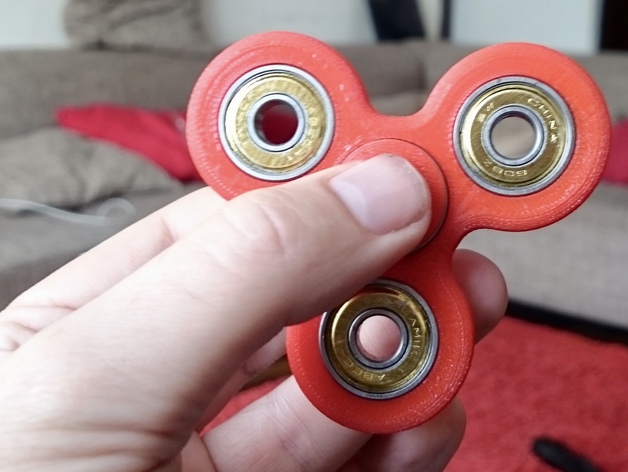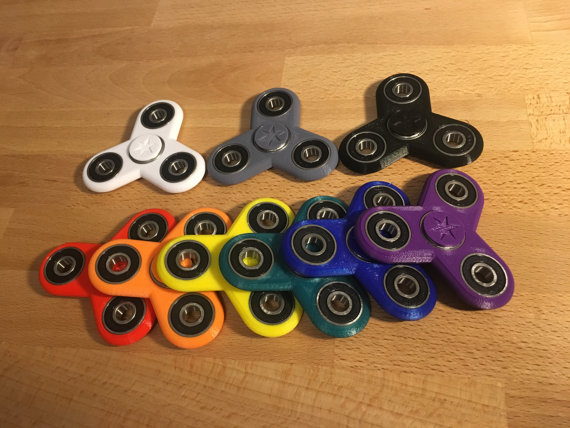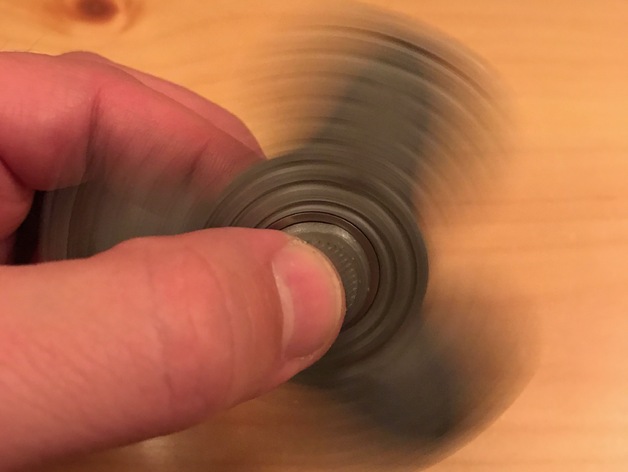Remember when you use to doodle in the margins of your notebook while you were trying to concentrate on your studies? Or maybe you would tap your foot or twiddle your thumbs when you would fidget at a family dinner.
Well a new popular new toy could help your regain your concentration without shaking the desk underneath you.
But do they actually help?

Child psychiatrist and mental health advocate Doron Almagor weighed in on the debate.
"But as a psychiatrist diagnosing and treating ADHD in children and adolescents, it's the marketing spin that has me, and some of my colleagues, reeling. Spinners are being touted as more than toys," he writes.
This 3 pronged spinner that radiate from a central ball bearing. Properly coaxed, the disc can be sent spinning for as long as your skill level allows.
They come in all kind of colors and are priced between $5-$10.

"Fidget toys have specific meaning in clinical circles. They are regarded as nonmedical interventions that provide just the right amount of arousal to keep the brain engaged, but on something other than the toy itself. Fidget toys -- if they are doing their job -- enhance focus on work, while just plain toys focus attention on play," he writes.
He draws on his experience with children and teens with ADHD and how often the fidget during their sessions. From tearing the label from a water bottle, or picking the edge of the table as they speak, it's obvious that fidgeting helps them concentrate.
"For many individuals with ADHD, movement enhances focus. But the key to an effective fidget toy, whether it's squeezing a stress ball or peeling the label from a water bottle, is that engagement with the item happens largely without awareness, as focus lands elsewhere," he says.
But do spinners fall into this category?

"With spinners, the focus seems to be landing on spinners, and that makes them distractions, not tools," he writes.
School have started to ban these little discs from the classroom as it could be seen as taking away from the learning and focus on the lesson.
"Fidget toys should not be distracting for the students using them, or for other students around them. But to ban all fidget toys from the classroom would be a mistake, placing children with ADHD at a significant disadvantage," he writes.

"Fidget toys deserve a positive spin as effective tools for supporting focus. But the spinner fidget toy needs some serious rebranding from an ADHD perspective. Quite simply, it's a cool tool for fun, not focus," he concludes.

